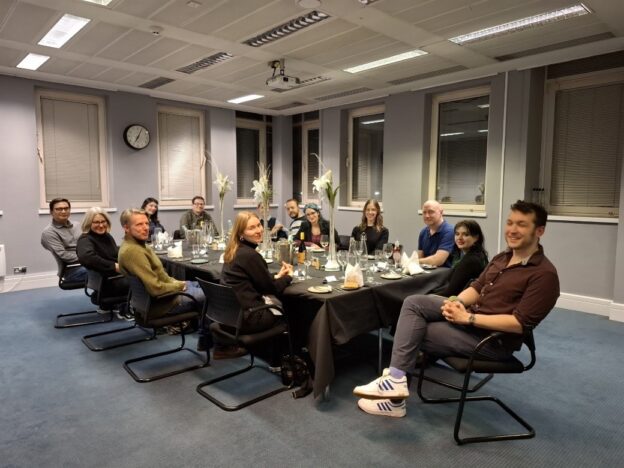Why were some Rastafari communities sceptical of the Covid vaccine? Why do some white, American evangelicals see the world through a lens of Biblical apocalypse? Over two days in January (20-21-01-25) an inter-disciplinary team of scholars assembled at the Open University to discuss the role of religious institutions, actors and communities in challenging but also in generating mis- and disinformation.
Organised by Dr Precious Chatterje-Doody from POLIS and Dr Paul-François Tremlett from Religious Studies, discussions focused around a cluster of themes including democracy, polarisation, social media and strategies for challenging disinformation, with papers engaging a range of contexts and case studies from China, the Philippines, Turkey, Ukraine, and the USA. From Satanic panics to millenarian dispensationalism, and from Covid scepticism among Rastafari to Pastoral letters condemning electoral manipulation, despite an abundance of examples of religious institutions, actors and communities as information actors, this is yet to coalesce into a research field.
The Religion and Disinformation Workshop highlights the role of religion in information networks and is funded by the Open Societal Challenges (OSC) at the Open University, and is seeking to lead research in the area. The workshop reflects one of the main aims of Democracy, Disinformation and Religion (DDR), which is to engage in and promote cross-disciplinary research on the understudied role of religious institutions and communities as information actors.
In the photograph, the workshop participants are gathered for the conference dinner. For further information about the project see Democracy, Disinformation and Religion (DDR) | Faculty of Arts and Social Sciences and/or get in touch with [email protected] or [email protected].

